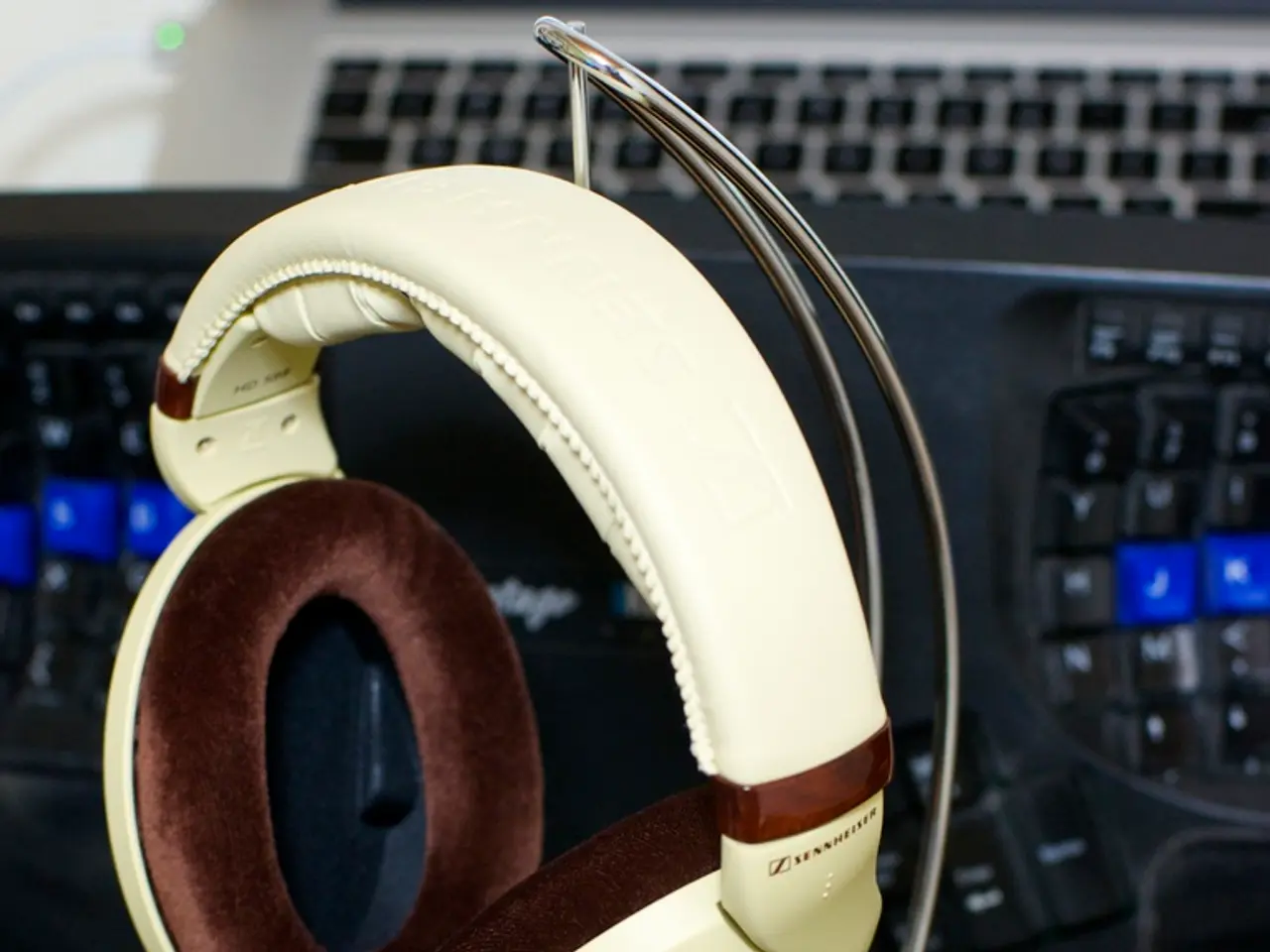Not all headphones are universally compatible with all laptops due to differences in connectors, audio specifications, and driver support.
When it comes to selecting headphones for your laptop, there are several key factors to consider to ensure a seamless listening experience. This guide will help you navigate the various aspects that influence compatibility and make an informed decision.
Connection Interface
The connection interface plays a crucial role in determining the compatibility between your headphones and your laptop.
Wired Headphones
Wired headphones typically use a 3.5mm audio jack or USB ports (USB-A or USB-C). Compatibility depends on whether the laptop has the matching port. For example, many modern laptops have USB-C ports but may lack headphone jacks, so USB-C headphones are preferred for these devices.
Wireless Headphones
Wireless headphones connect via Bluetooth, but built-in Bluetooth on laptops—especially Windows—can sometimes be unreliable. Some wireless headsets come with a dedicated USB dongle to provide more stable connectivity for laptops without strong native Bluetooth support.
Port and Connector Types
USB headphones can connect via USB-A (common on many machines) or USB-C (newer, reversible connector), and some headsets include adapters for both to maximize compatibility. Laptops without a 3.5mm jack will require USB or Bluetooth headphones.
Operating System and Platform Support
USB headsets are often designed to be universally compatible with Windows and macOS. Some headsets offer certifications or integration optimized for specific platforms like Microsoft Teams or Zoom, which can improve user experience in professional settings.
Power and Battery
Wireless headphones require sufficient battery life for laptop use, especially in professional or all-day scenarios. Wired headphones do not have this limitation.
Audio Quality and Features
Some USB-C headphones offer active noise cancellation and advanced sound processing but may have variable compatibility with certain laptops, so checking device specs is advised. Multi-device pairing support can be a factor if switching between laptop and phone frequently. The physical fit and comfort can impact user experience during extended use.
Additional Considerations
- If your laptop's microphone isn't working, ensure it is selected as the default input device within your laptop's sound settings.
- If your headphones aren't working, check connections and laptop settings for incorrect configurations.
- Impedance of most standard headphones is 32 ohms, making them versatile for laptop use.
- If using wireless headphones, ensure both the laptop and the headphones support the same Bluetooth version for optimal performance.
- Most laptops have a 3.5mm audio jack, but some ultra-thin models may not.
- When buying headphones for your laptop, consider the type of connection your laptop supports, sound quality, features, comfort, and durability.
- Microphone issues can sometimes be due to outdated drivers, which can be resolved by regularly updating them.
- Comfort level is vital when choosing headphones, with over-ear headphones offering better comfort for prolonged use, while in-ear options might be more portable.
- Most headphones can connect to laptops via 3.5mm audio jack, USB, or USB-C connectors, and Bluetooth or Radio Frequency.
- If experiencing audio issues with headphones, check connections and laptop settings for incorrect configurations.
- If a laptop lacks a dedicated headphone jack, an adapter can be used to connect 3.5mm headphones via USB-C or other ports.
- Most modern laptops support Bluetooth, but older models may not.
- Many headphones feature integrated microphones, but the quality can vary significantly.
- Budget-friendly options can offer excellent quality; it's important to research user reviews and product specifications to ensure value for your money.
- To use Bluetooth headphones effectively, ensure laptop's Bluetooth drivers are up-to-date.
- For gaming, consider headphones with surround sound capabilities for an immersive experience.
- ensuring the sound quality is satisfactory, it's essential to consider various aspects, such as the connection interface, port and connector types, and audio quality and features when choosing gadgets like headphones for your laptop.
- technology advancements have introduced wireless headphones that connect via Bluetooth, but their compatibility and reliability might be affected by your laptop's built-in Bluetooth, so it's crucial to investigate additional options like dedicated USB dongles for stable connectivity.




